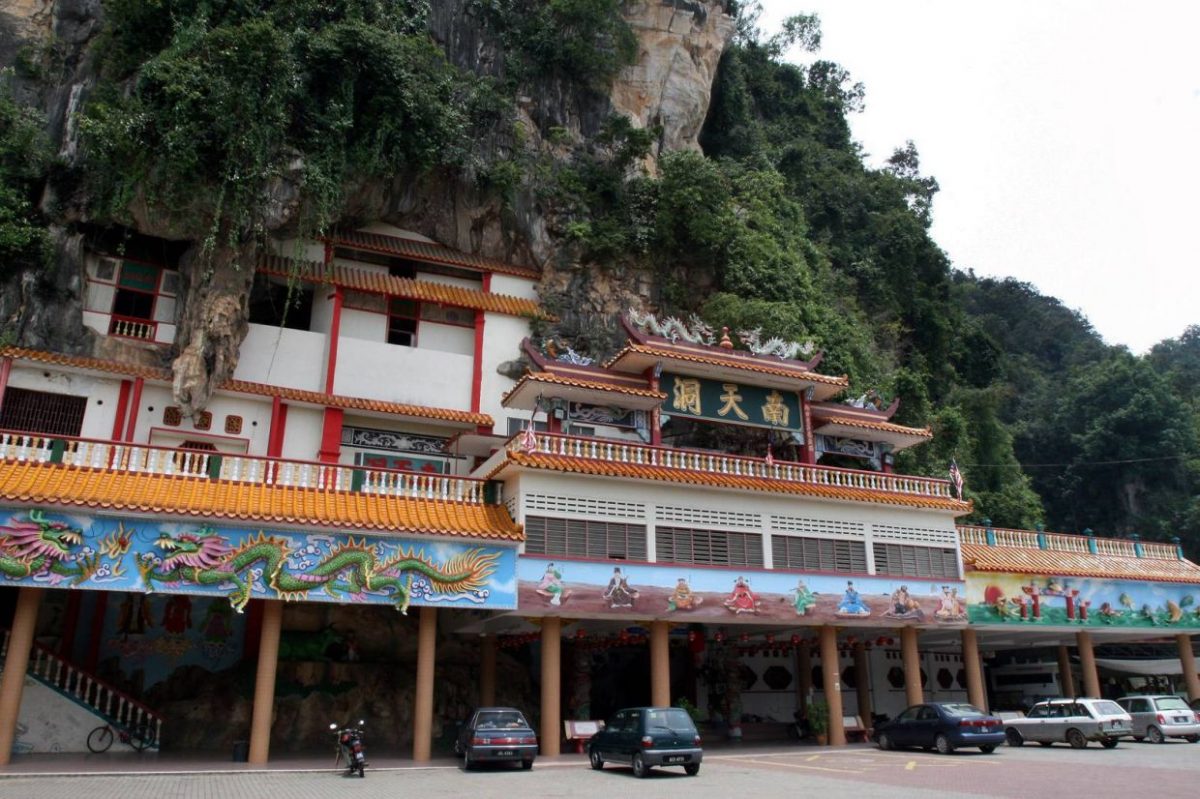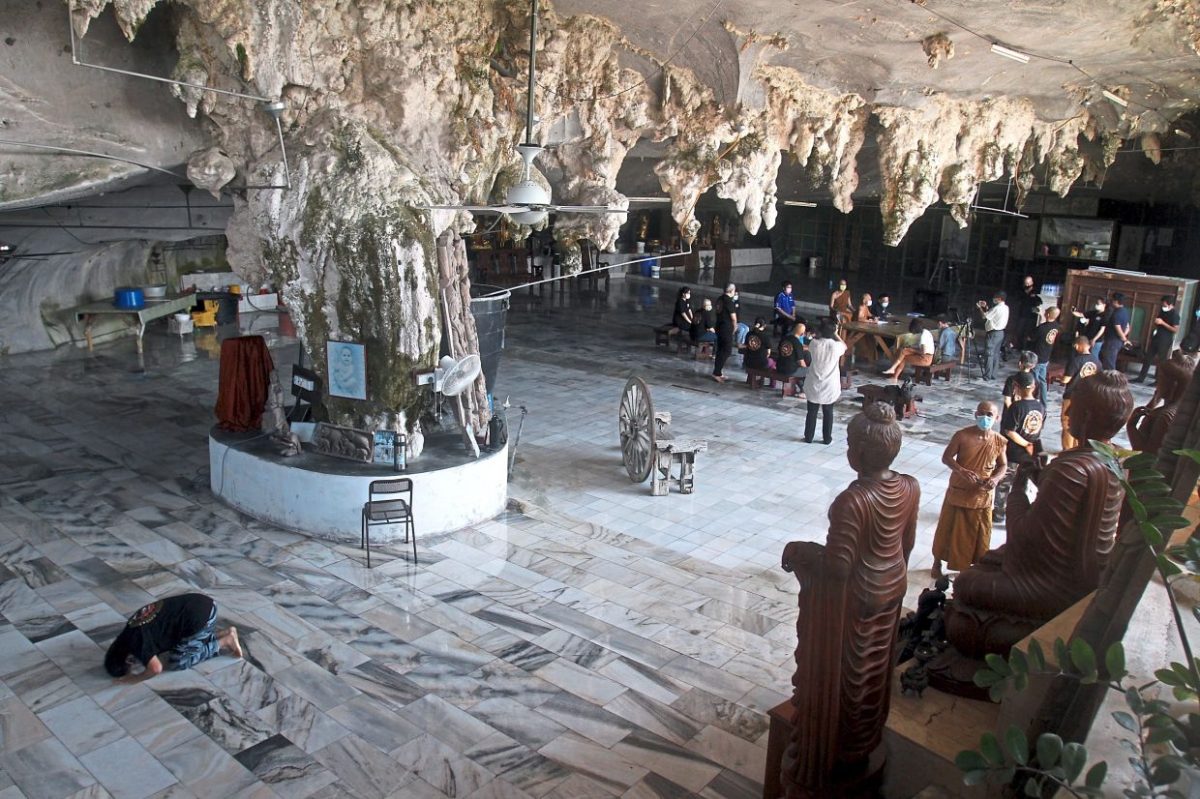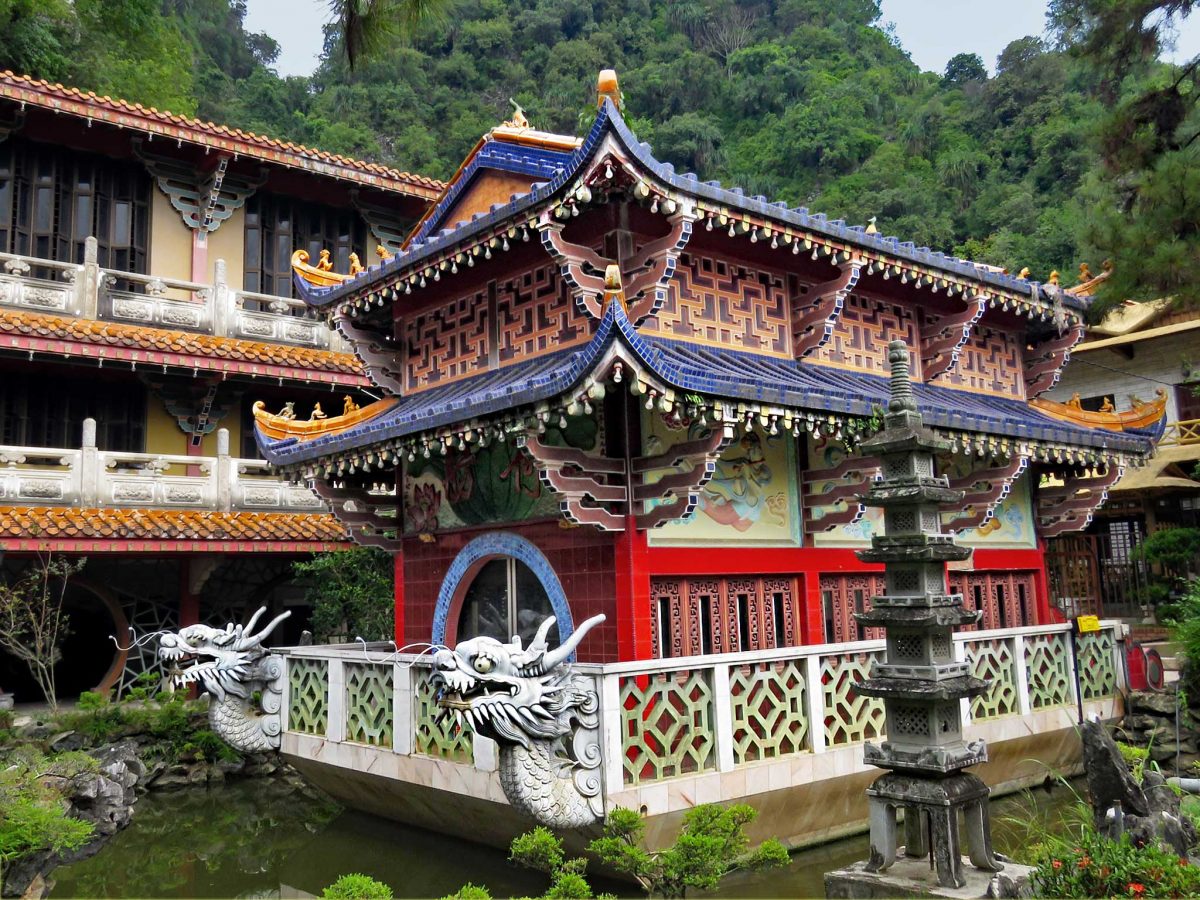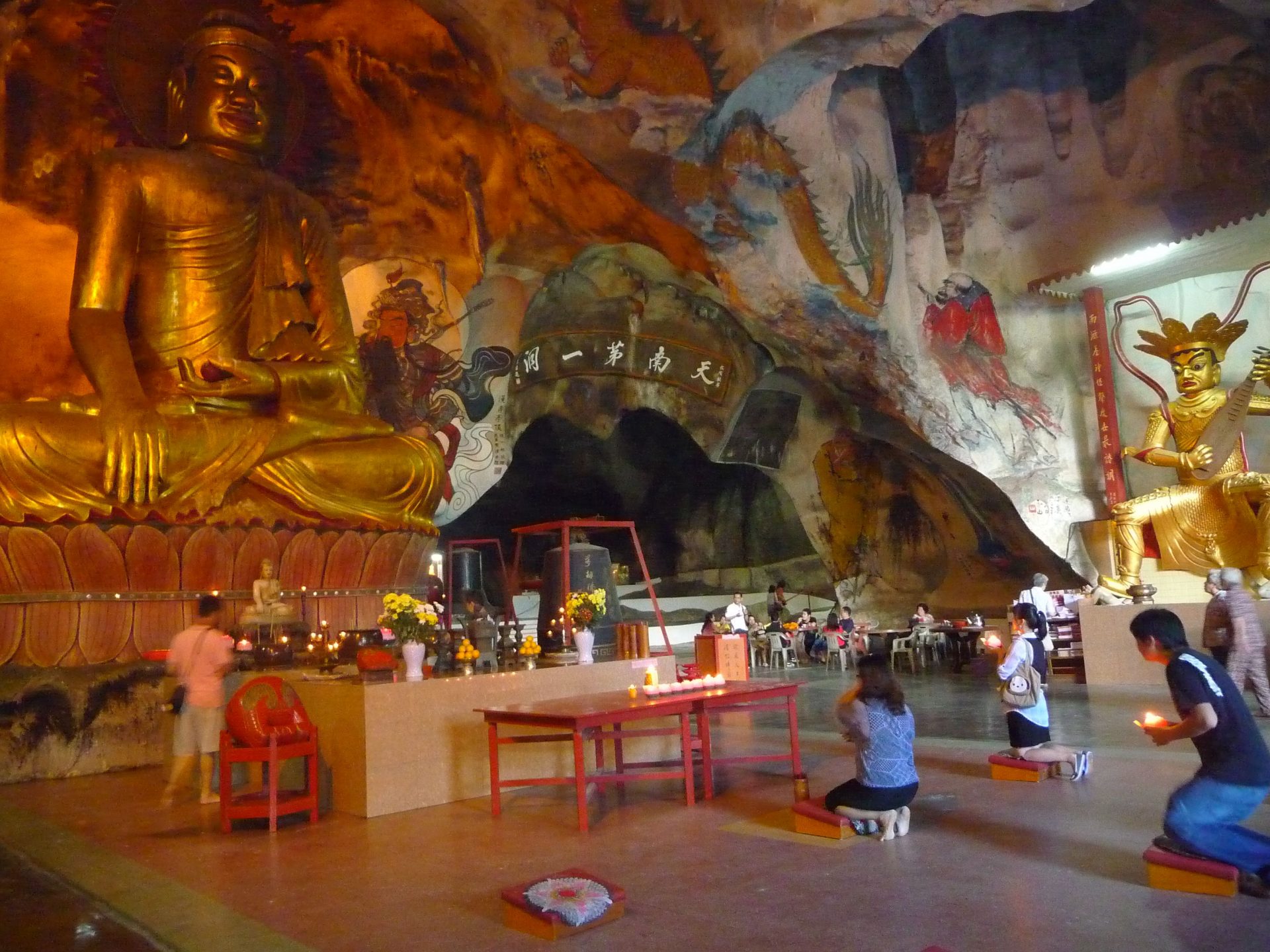Predating laws of the land, cave temples have long been accepted as part of the landscape. But with time, statewide governance come into play, putting these ancient sites at risk.
Earlier this year, the Buddhist community of Perak was flabbergasted to learn that their cave temples had received notices of eviction, giving temple caretakers only a month to clear out.
The Nam Then Tong Temple, one of Ipoh, Perak’s oldest and most popular sacred sites, garnered the most shock, as the 155-year-old temple, too, was served with a request to cease operations and move out. The outcry was understandable, as the site is considered a cultural heritage and a revered religious location.

A LOSING BATTLE?
Throughout the Kinta district, 14 other temples were also served final eviction notices, on grounds that temple operators — in a bid to draw tourism — had been carrying out unauthorised development on government-owned land they occupied. Nam Then Tong Temple representatives also noted an accusation of violating Section 425 of the National Land Code (NLC) for illegally occupying state-owned, reserved, or mining land without permission.
Furthering the case of eviction, the Department of Minerals and Geosciences Malaysia reportedly provided unfavorable figures in recent critical slope monitoring, especially in limestone cave areas — which the Peninsula has in abundance — citing these areas as highly sensitive to climate change.

Perak’s Menteri Besar, Datuk Seri Saarani Mohammad, stressed that the evictions were not served on religious or racial biases, but for the security risks unmonitored construction works had on the temple and its visitors.
Not long after the public uproar, however, a meeting between MCA chairman Datuk Dr Mah Hang Soon, temple representatives, and the Perak Land & Mines Department foresaw a possible revoking of the eviction notices. The Menteri Besar still held firm on the potential of eviction, nonetheless, doubling down on the poor condition of the host caverns.
Temple caretakers also brought up the issue of being denied land leases repeatedly, with no rhyme or reason for the rejection of their applications over the decades.

THE FUTURE OF CAVE TEMPLES
Despite the temples’ uncertain legal status, the government has agreed to establish a process of engaging with temple management committees to discuss the safety of the caves they occupy. Conservation activists have implored parties in power to reconsider stances on eviction, pushing supportive remedial action instead as a solution in preserving these important centers.
Gazetting these locations as proper religious and historical sites will also provide significant aid to preserving the rich culture these places have given to the Kinta Valley over the centuries. It is as yet unknown how the government will take action in providing conservation-focused aid to these cave temples, but there is no denying that preservation must be at the forefront of any further conversations.
"ExpatGo welcomes and encourages comments, input, and divergent opinions. However, we kindly request that you use suitable language in your comments, and refrain from any sort of personal attack, hate speech, or disparaging rhetoric. Comments not in line with this are subject to removal from the site. "



















